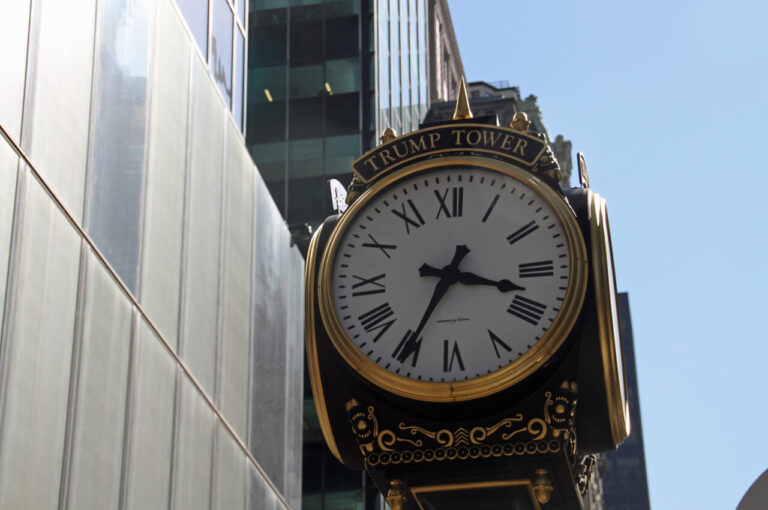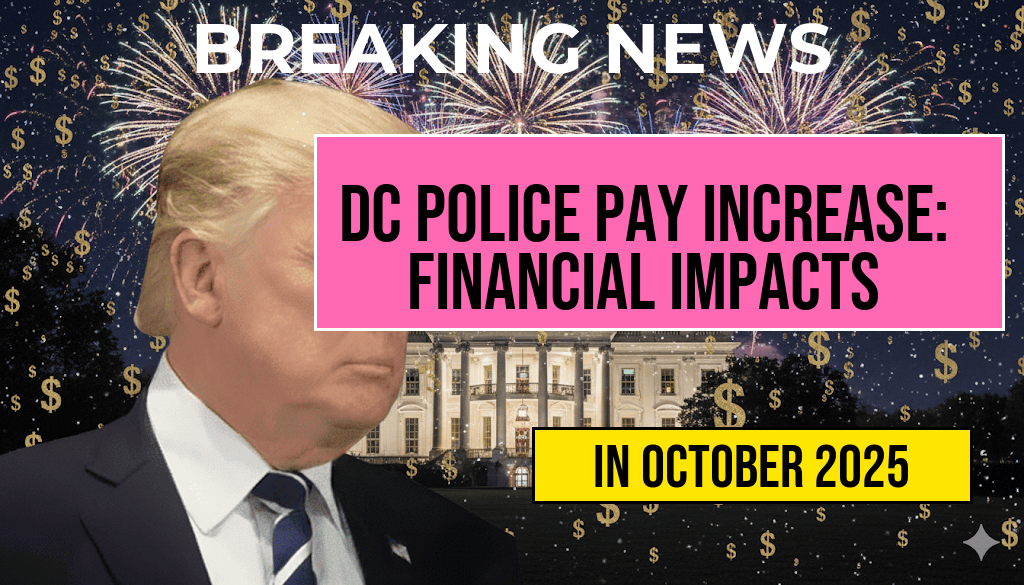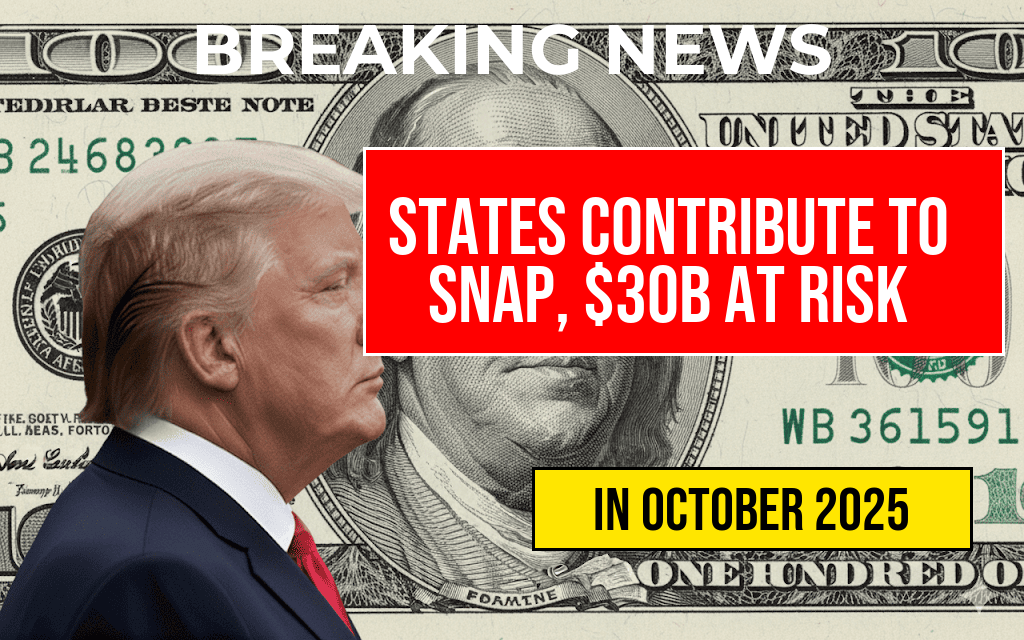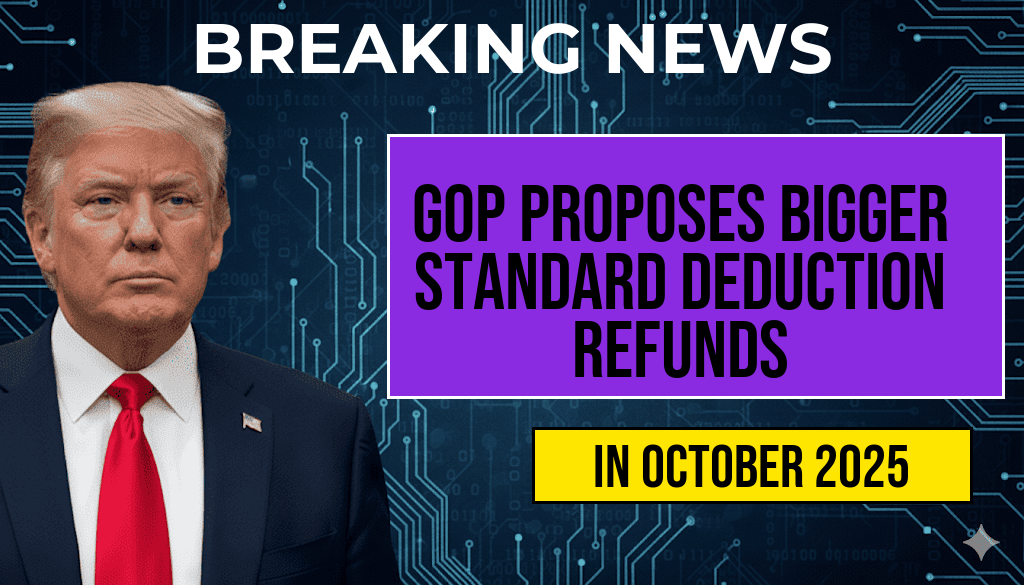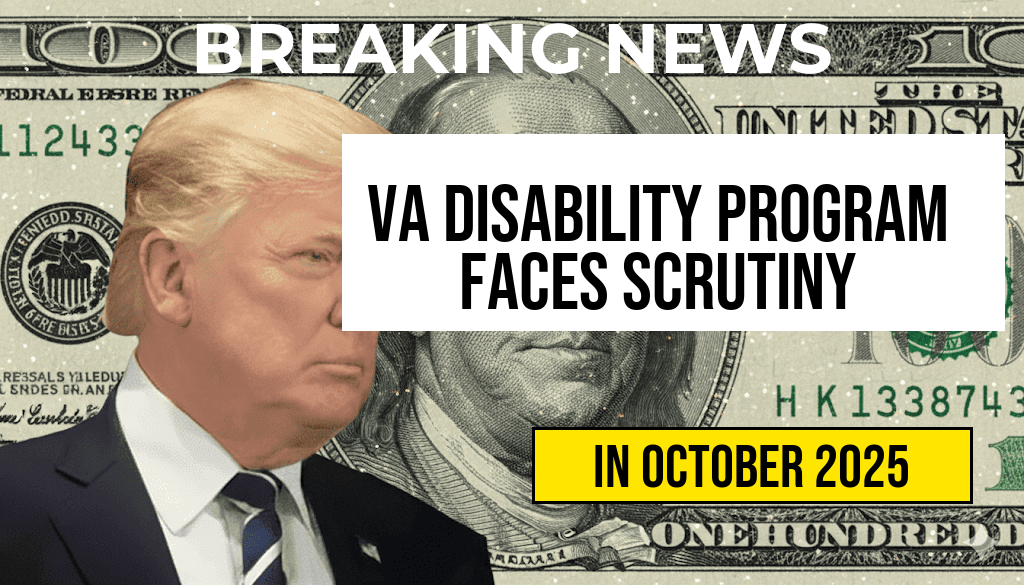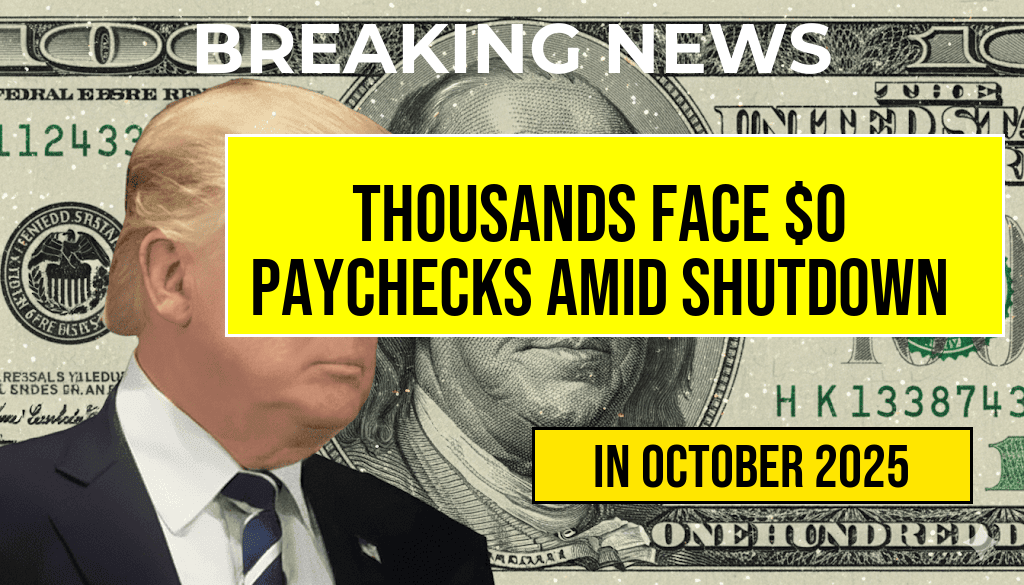The recent pay increase for police officers in Washington, D.C., has raised significant questions about its impact on officer salaries and the overall city budget. With the Metropolitan Police Department (MPD) implementing a new compensation structure, officers can expect their annual salaries to rise substantially. This change not only aims to attract and retain talent within the force but also affects the city’s fiscal landscape. City officials are evaluating the long-term sustainability of these increases amid budget constraints and competing financial priorities. This article explores the implications of the pay raise in real dollars, detailing how it reshapes the fiscal responsibilities of D.C.’s government and the benefits for law enforcement personnel.
Overview of the Pay Increase
The D.C. Council recently approved a package that boosts police salaries by an average of 12%, a move that has been met with both support and skepticism. The increase aims to address recruitment challenges and enhance officer morale, which have been critical issues for the MPD in recent years. Mayor Muriel Bowser emphasized that the pay hike is essential for maintaining a well-staffed police force capable of effectively serving the community.
Breakdown of Salary Changes
| Rank | Current Salary | New Salary | Increase |
|---|---|---|---|
| Officer | $66,000 | $74,000 | $8,000 |
| Sergeant | $80,000 | $89,600 | $9,600 |
| Lieutenant | $95,000 | $106,400 | $11,400 |
| Captain | $110,000 | $123,200 | $13,200 |
Financial Implications for the City
The increased salaries will have a ripple effect on the city’s budget. The MPD’s personnel costs account for a substantial portion of the District’s overall expenditures, which raises concerns about long-term viability. According to city budget analysts, the new salary structure could add approximately $20 million to the department’s annual budget, necessitating adjustments in other areas.
Budget Balancing Act
- Funding Sources: The increase may require reallocating funds from other programs, such as social services or infrastructure projects.
- Potential Tax Implications: City officials may consider raising taxes or seeking additional federal funding to offset costs.
- Public Safety vs. Community Services: Balancing the needs of law enforcement with community services remains a contentious issue among residents and policymakers.
Community Reactions
Responses from the community have been mixed. Supporters of the pay increase argue that higher salaries will lead to improved morale and performance among officers. They assert that investing in the police force is vital for maintaining public safety. Conversely, critics express concerns about the prioritization of police funding over other essential services. Community activists emphasize the need for a holistic approach to public safety that includes mental health resources and community engagement initiatives.
Comparative Analysis
When comparing D.C.’s police salaries to those in other major cities, it becomes evident that the pay increase aligns the MPD more closely with national trends. Recent studies show that cities such as New York and Los Angeles also implemented salary increases to combat similar recruitment difficulties. The following table illustrates how D.C. officers’ salaries compare to those in other metropolitan areas:
| City | Average Officer Salary |
|---|---|
| Washington, D.C. | $74,000 |
| New York City | $85,000 |
| Los Angeles | $78,000 |
| Chicago | $70,000 |
Looking Ahead
As the D.C. police pay increase takes effect, its long-term effects on officer retention, recruitment, and the city budget will continue to evolve. City leaders will need to monitor the outcomes carefully and remain adaptable in their fiscal strategies. The balance between investing in public safety and addressing the diverse needs of the community will be crucial in shaping the future of law enforcement in Washington, D.C.
For more information on public safety funding and its implications, visit Wikipedia’s overview of police salaries and explore detailed discussions on the topic.
Frequently Asked Questions
What is the recent change in DC police pay?
The recent change involves a significant pay increase for DC police officers, aimed at improving their compensation and addressing recruitment and retention challenges within the force.
How will the pay increase affect officers’ salaries?
The pay increase will lead to higher salaries for officers, providing them with better financial stability and potentially attracting new recruits while retaining experienced personnel.
What impact will this have on the city budget?
The increase in police salaries will place additional pressure on the city budget, necessitating adjustments in other areas to accommodate the new compensation levels for officers.
Are there any expected long-term effects of the pay increase on policing?
Yes, the long-term effects may include improved morale among officers, enhanced community relations, and a more stable police force, which can lead to better public safety outcomes.
How does this pay increase compare to other cities?
The DC police pay increase is competitive with salaries in other major cities, aiming to align with national standards to ensure that DC can attract and retain qualified law enforcement personnel.

